Jobs for All: Employment Social Enterprise and Economic Mobility in the United States, explores the contribution of employment social enterprises (ESEs) to economic mobility for people who have largely been excluded from the workforce. Our research highlights promising social enterprise solutions that have the potential to address some of America’s most persistent and structural employment barriers.

We’re in the midst of tumultuous economic times, social justice uprisings, and a global pandemic.
As economies open up, businesses need workers. At the same time, many jobs remain out of reach for certain populations.
Let’s get everybody working and create jobs for all.

Whether the economy is rising or falling, many groups in the United States remain excluded from work:

Employment Social Enterprise opportunities help people enter the workforce who’ve been traditionally excluded. It gives them upward economic mobility and makes our companies – and national economy - stronger.
But for this to work, business leaders, policymakers, and employers from all sectors – public, private and nonprofit - need to leverage the tried-and-true methods of Employment Social Enterprise.

Let’s scale and move mainstream what works. Here’s how:
Business: Fill your talent pipeline with employment social enterprises
Foundations and Nonprofits: Find and scale employment social enterprises
Government: Fund, connect and contract with employment social enterprises
Let’s get everybody working.
The Business for Impact team at Georgetown University studied the state of social enterprise and economic mobility for underemployed people to unearth what works. We are excited to share it with you.
We’ve uncovered promising employment social enterprise models that have transformed the lives of people with disabilities, formerly incarcerated individuals, immigrants, refugees, veterans, and many more groups traditionally excluded from the workforce. We know what works— and it needs to be scaled.
We have a vision for how to do it.





